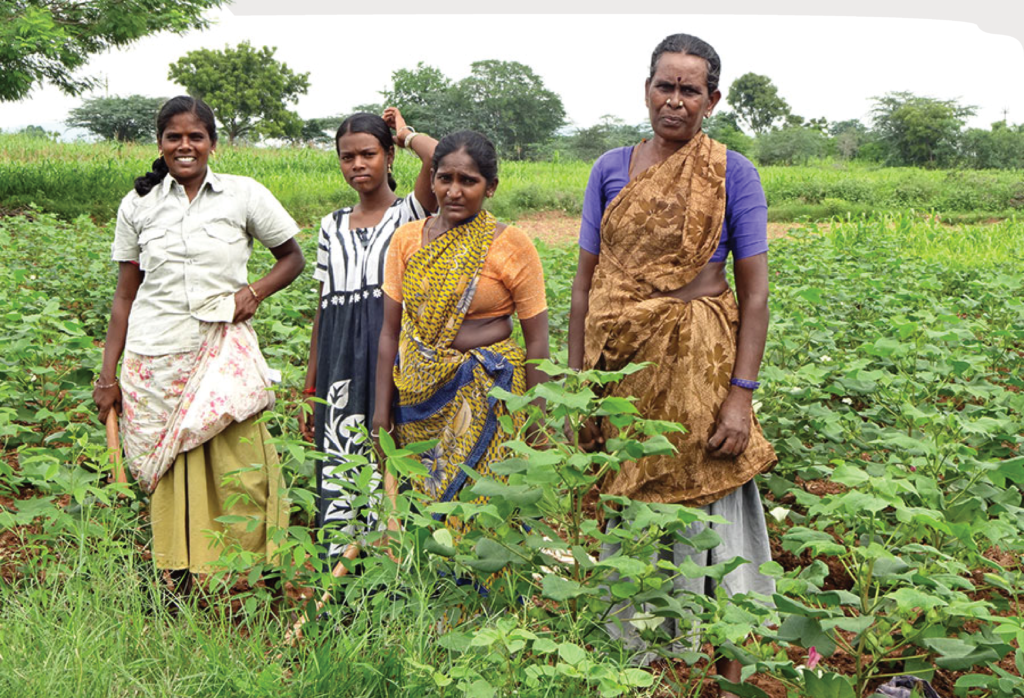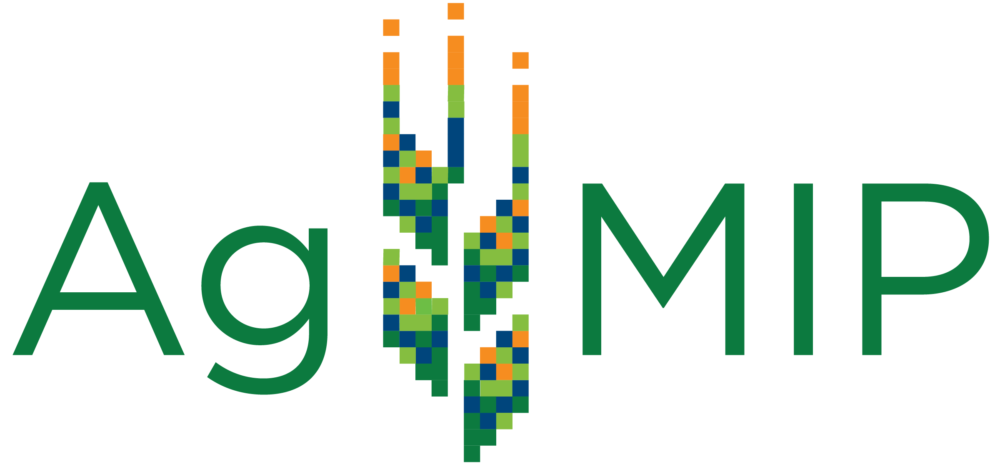Southern India

Tamil Nadu and Andhra Pradesh are the two areas of focus within AgMIP’s South India regional Team. In recent years, farmers have seen their yields diminish due to inconsistent and unseasonal rainfall. If trends like this continue into the future, the agricultural industry of the area would be tested greatly. The AgMIP South India team set out to develop an adaptation strategy based upon its research on regional climate variability.
Southern India’s regional research team made significant progress during Phase 1 (2011-2014). They assessed the effect climate variability may have on chickpea and maize, and also parameterized the LivSim and TOA-MD models for Tamil Nadu and Andhra Pradesh. In Phase 2 (2015-2017), the Southern India Team continued to make modeling advancements and food security improvements.
In total, Southern India generated and analyzed 29 climate models. Based on the results found, five climate models were chosen for crop simulation. Crop modeling was completed for chickpea, rice and maize in Andhra Pradesh, and for maize and rice in Tamil Nadu. Along with this, scientists fully calibrated the LivSim model to determine herd structure so that simulations can be run.
For both Tamil Nadu and Andhra Pradesh, Phase 2 prioritizes adaptation strategies. Together, incorporating consultation with stakeholders, Representative Agricultural Pathways (RAPs) were developed for both regions. South Indian regional partners parameterized the TOA-MD model for the Tricy location in Tamil Nadu, and the Kurnool location in Andhra Pradesh.
An underlying theme of Phase 2 was to engage in consistent and effective communication. The team held a stakeholder integration workshop in Tamil Nadu, at which policy makers, policy executors, and farmers participated.
South India Team Members:
| Vellingiri Geethalakshmi | Principal Investigator |
| Dakshina Murthy | Co-PI, Crop modeling, Stakeholder liaison |
| Ponnusamy Paramasivam | Economics |
| Swamikannu Nedumaran | Economics |
| D. Kumara Charyulu | Stakeholder engagement |
| Arunachalam Lakshmanan | Stakeholder engagement |
